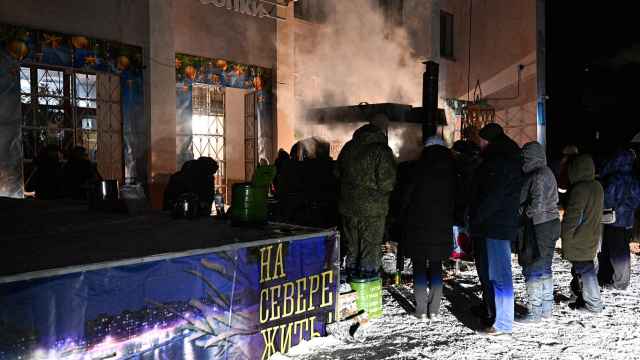Celebrating the Life and Work of Andrei Sakharov
Andrei Sakharov was born on May 21, 1921. After a career developing Soviet atomic and hydrogen bombs, he began to speak out for nuclear proliferation as early as the 1950s. In 1968 he published in samizdat his ground-breaking essay “Reflections on Progress, Peaceful Coexistence, and Intellectual Freedom.” After publication he was banned from military research and began to dedicate more of his efforts to the political battle for democratization and human rights in the Soviet Union.
In 1970, Sakharov was one of founding members of the Committee on Human Rights and worked actively to support dissidents. In 1975 he was awarded the Nobel Prize for Peace. Not permitted to accept it in person, his wife, Yelena Bonner, received it on his behalf and read his speech, entitled “Peace, Progress, Human Rights.”
In 1980 he was banished to Gorky (now Nizhny Novgorod) and only released in 1986 after Mikhail Gorbachev became head of the Communist Party. Sakharov was elected member of the new Congress of People’s Deputies and was co-leader of the democratic opposition. He died on Dec. 14, 1989 at home of a heart attack.
These photographs and quotes from the writing of Andrei Sakharov are some of the materials prepared for the centennial celebration of his life and work by the Sakharov Center. They were meant to be be mounted on stands along one of Moscow’s boulevards. The city government did not permit the installation.
In 1970, Sakharov was one of founding members of the Committee on Human Rights and worked actively to support dissidents. In 1975 he was awarded the Nobel Prize for Peace. Not permitted to accept it in person, his wife, Yelena Bonner, received it on his behalf and read his speech, entitled “Peace, Progress, Human Rights.”
In 1980 he was banished to Gorky (now Nizhny Novgorod) and only released in 1986 after Mikhail Gorbachev became head of the Communist Party. Sakharov was elected member of the new Congress of People’s Deputies and was co-leader of the democratic opposition. He died on Dec. 14, 1989 at home of a heart attack.
These photographs and quotes from the writing of Andrei Sakharov are some of the materials prepared for the centennial celebration of his life and work by the Sakharov Center. They were meant to be be mounted on stands along one of Moscow’s boulevards. The city government did not permit the installation.
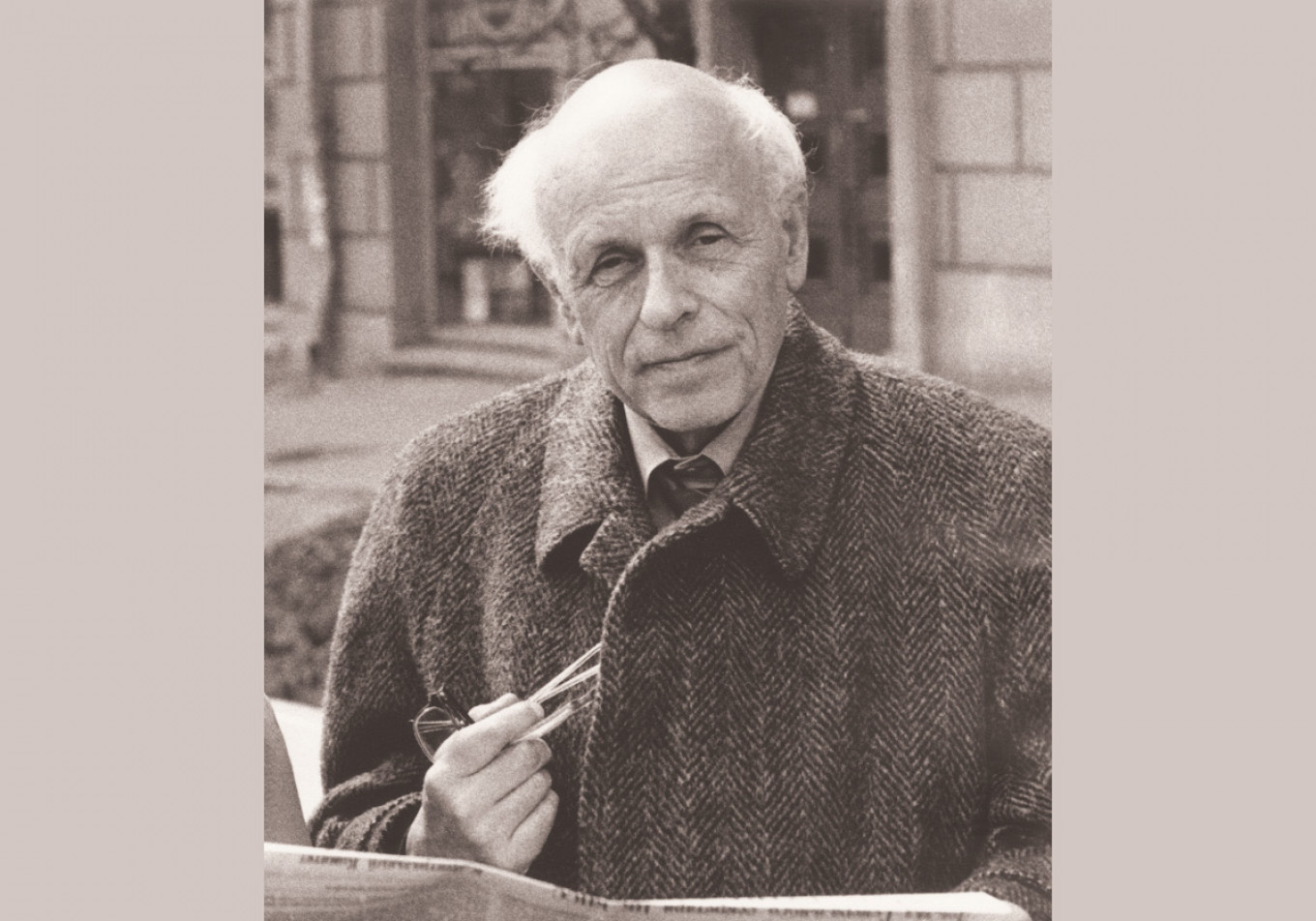
“I am convinced that the ideology of defending human rights is the only basis that can unite people regardless of their nationality, political convictions, religion or place in society.” From “Memoirs”
Courtesy of the Sakharov Center
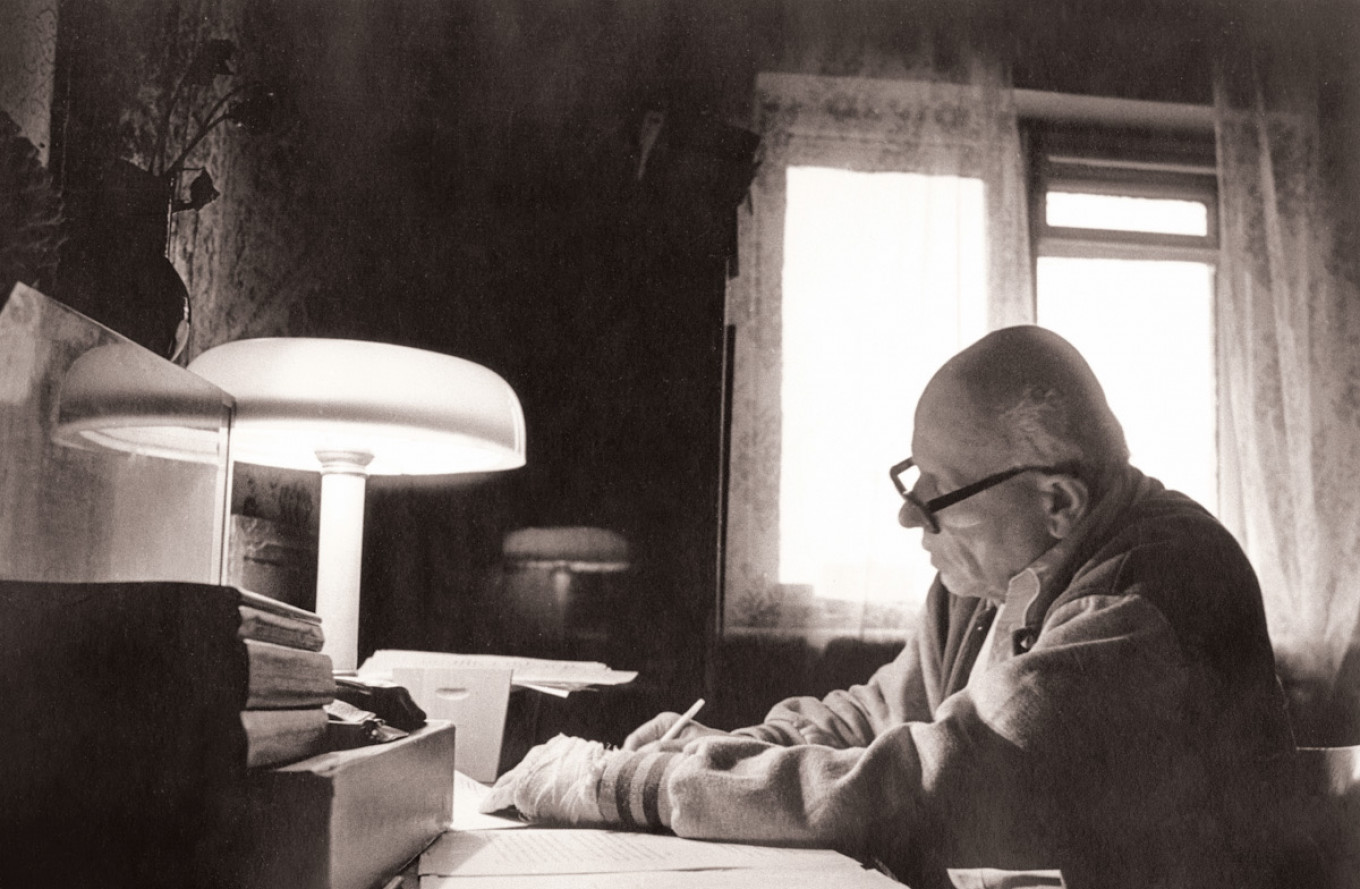
“I am not a professional politician, and perhaps for that reason I am always tortured by questions about the usefulness and end result of my actions. I believe that only moral criteria combined with impartial thought can be a kind of compass in these complex and contradictory problems. I do not make specific predictions, but today, like always, I believe in the power of reason and the human spirit.”
From “Autobiography” 1981
From “Autobiography” 1981
Courtesy of the Sakharov Center
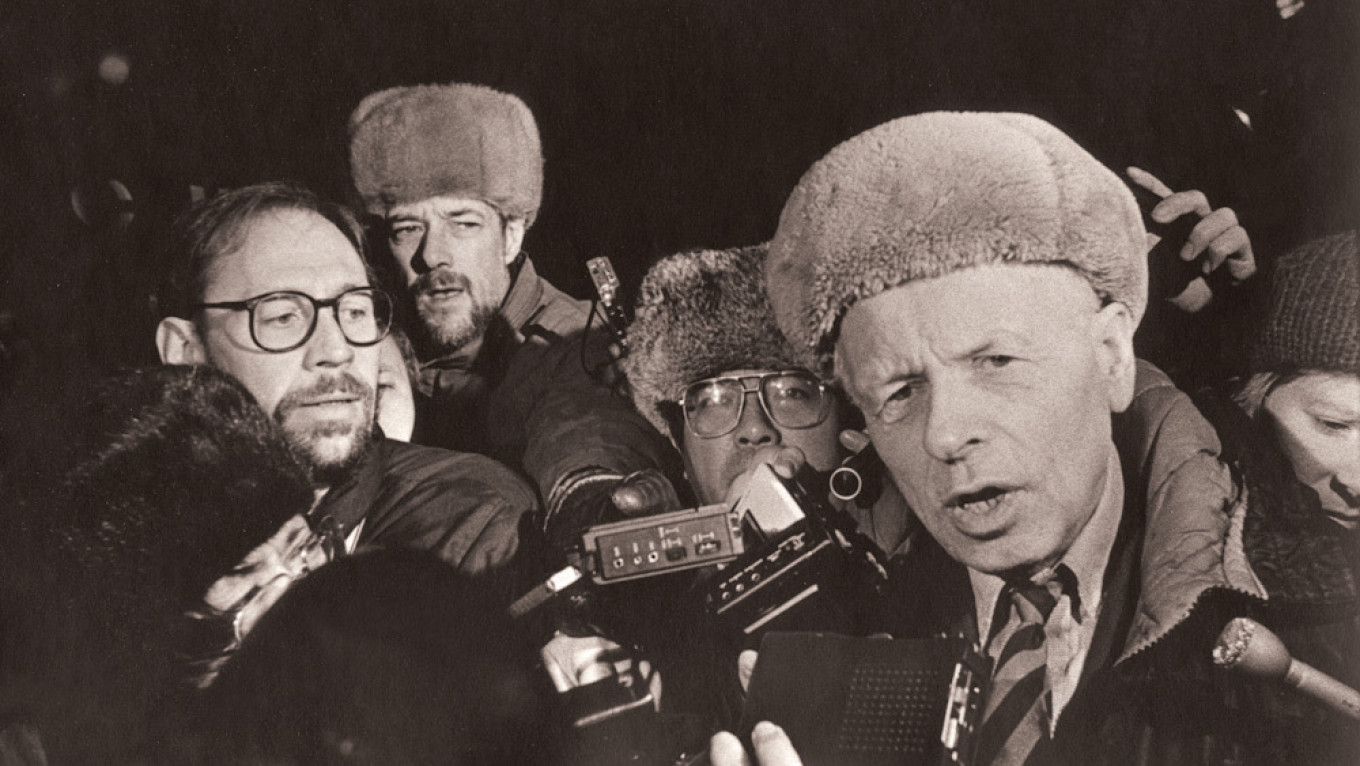
“Human society needs intellectual freedom — freedom to receive and disseminate information, freedom of impartial and brave discussion, freedom from pressure by the authorities or prejudices. This triad of freedom of thought is the sole guarantee that the people will not be infected by mass myths, which in the hands of vile hypocritical demagogues are easily turned into a bloody dictatorship.”
From “Reflections on Progress, Peaceful Coexistence, and Intellectual Freedom” 1968
From “Reflections on Progress, Peaceful Coexistence, and Intellectual Freedom” 1968
Courtesy of the Sakharov Center
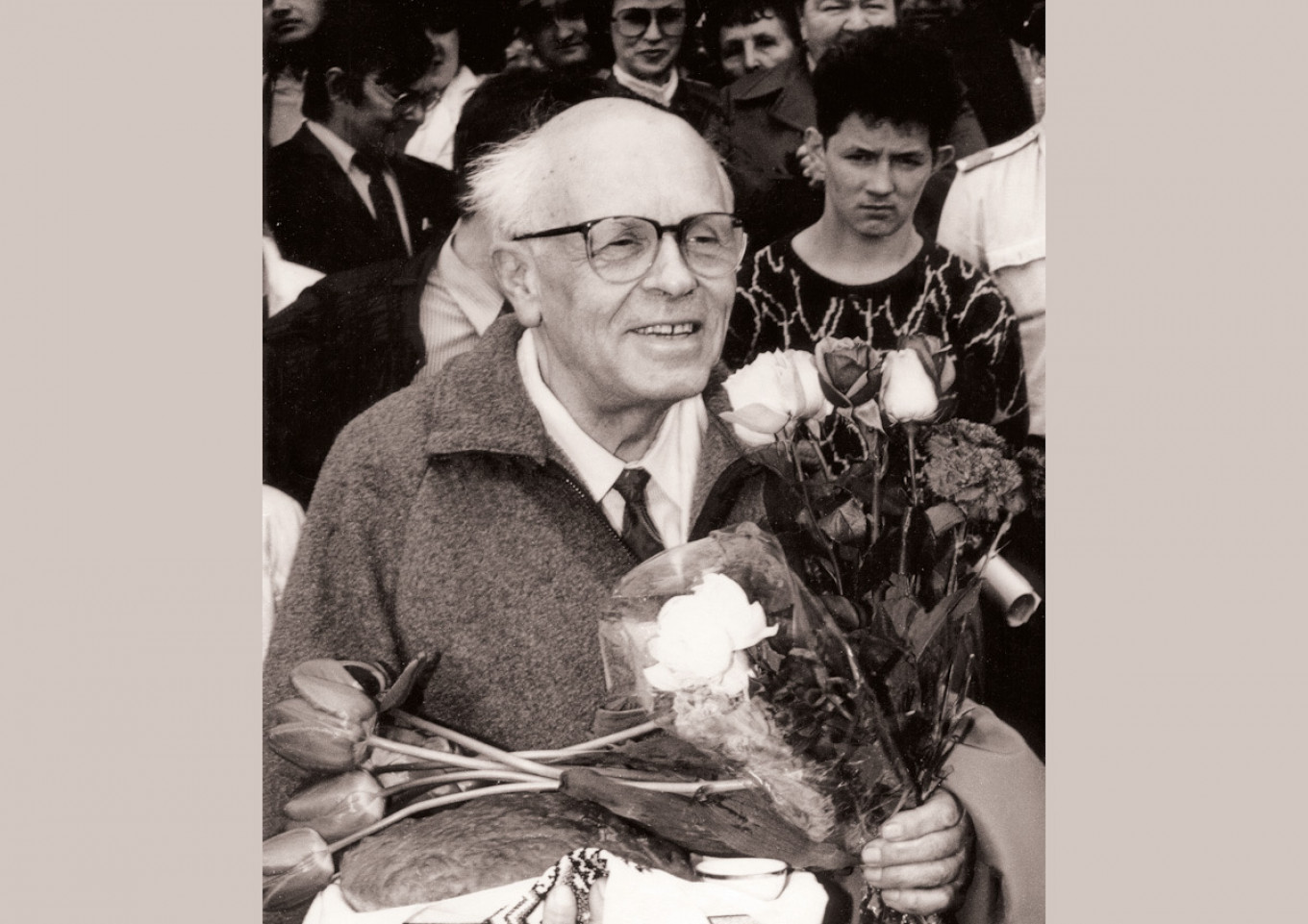
“It seems to me that due to the internationalization of science and its relative independence, scientists should be able to stand up for a universal human position that is above the egotistical interests of “one’s own” government, “one’s own” nation, above the prejudices of “our” social system and its ideology…"
From a letter to participants in a meeting at the Sorbonne, 1983
From a letter to participants in a meeting at the Sorbonne, 1983
Courtesy of the Sakharov Center
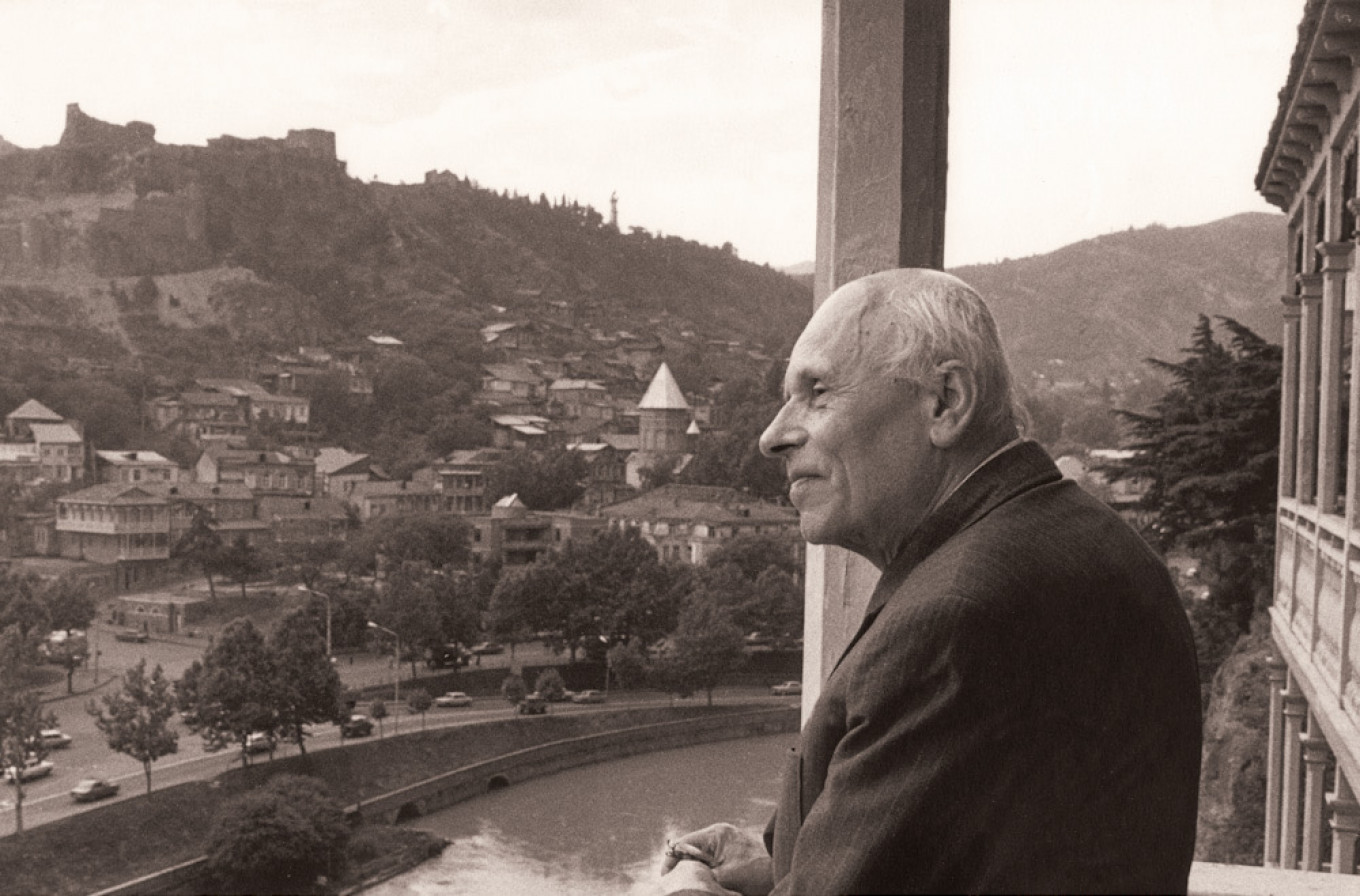
“I am convinced that the higher task of human institutions, including the institution of progress, is not only to protect everyone on earth from unnecessary suffering and early death, but also to preserve in humanity all that is human — the joy of working with clever hands and a clever mind, the joy of helping and being helped, the joy of dealings with people and nature that do no harm, and the joy of learning and art.”
From “The World in 50 Years,” 1974
From “The World in 50 Years,” 1974
Courtesy of the Sakharov Center
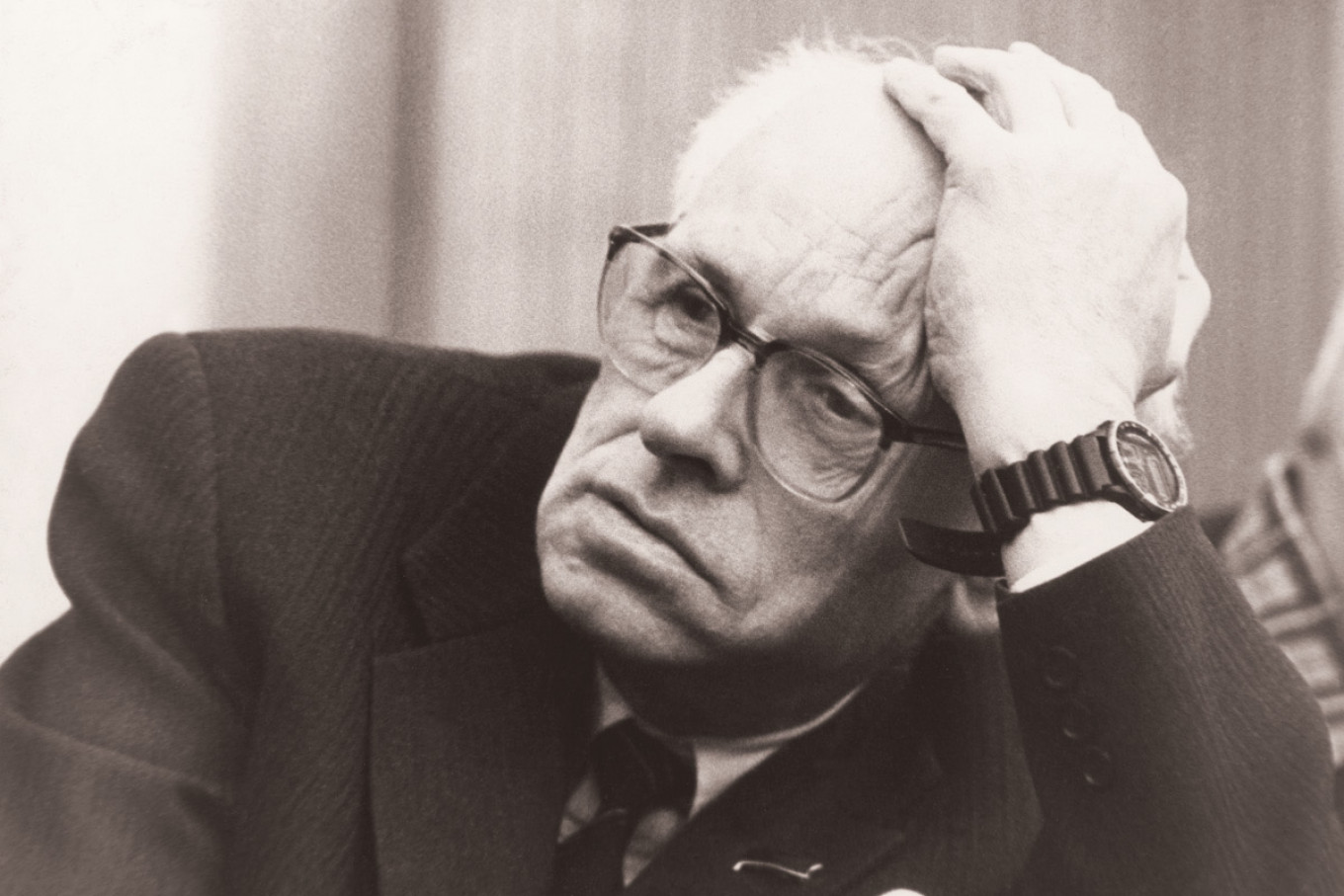
“Humanity can safely develop only if it regards itself in the demographic sense as one whole, as one family, with no divisions into nations in any sense but history and traditions.”
From “Reflections on Progress, Peaceful Coexistence, and Intellectual Freedom”
From “Reflections on Progress, Peaceful Coexistence, and Intellectual Freedom”
Courtesy of the Sakharov Center
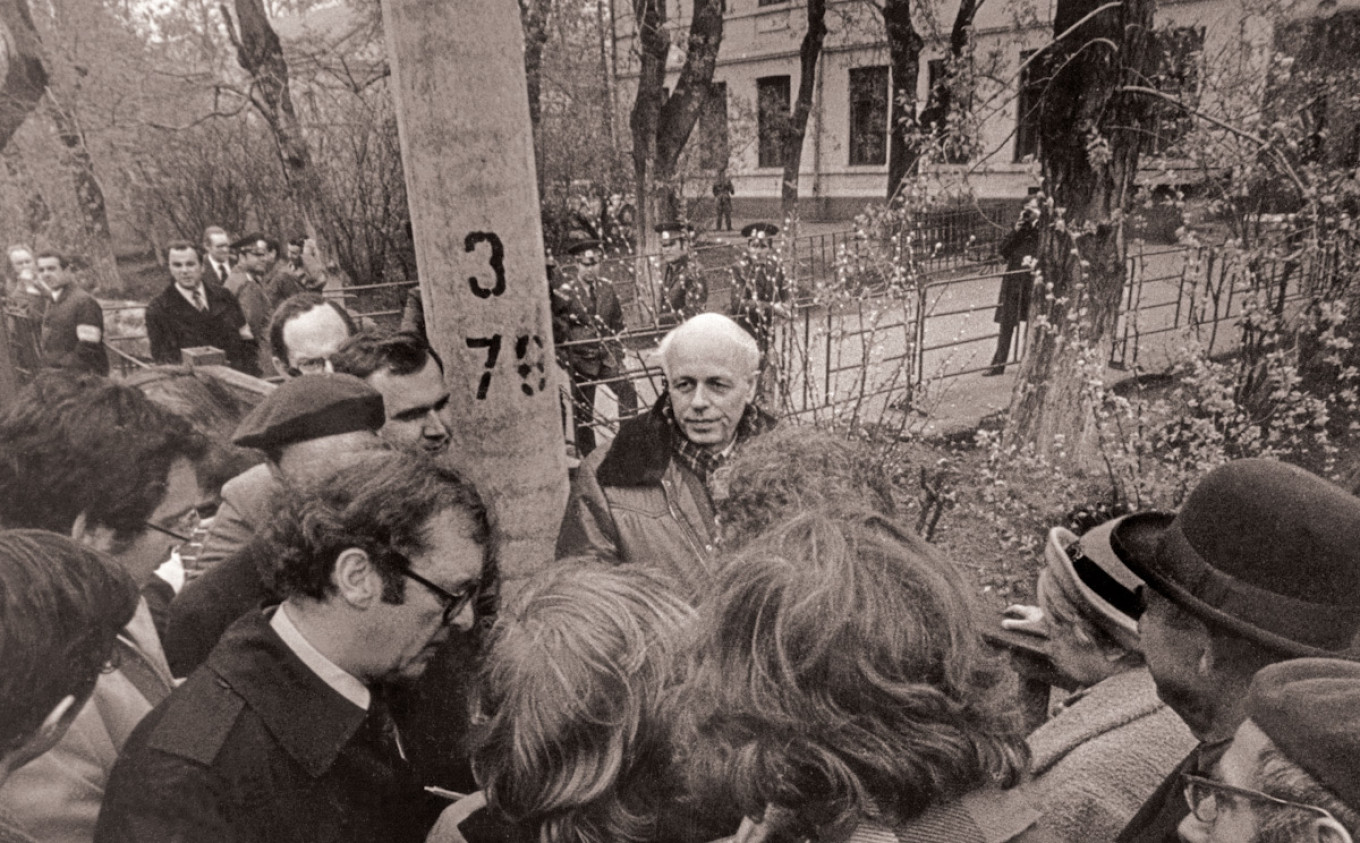
“I believe that humanity will find a rational solution to the complex task of grand, necessary, and inevitable progress while preserving all that is human in humanity and all that is natural in nature.”
From “The World in 50 Years,” 1974
From “The World in 50 Years,” 1974
Courtesy of the Sakharov Center
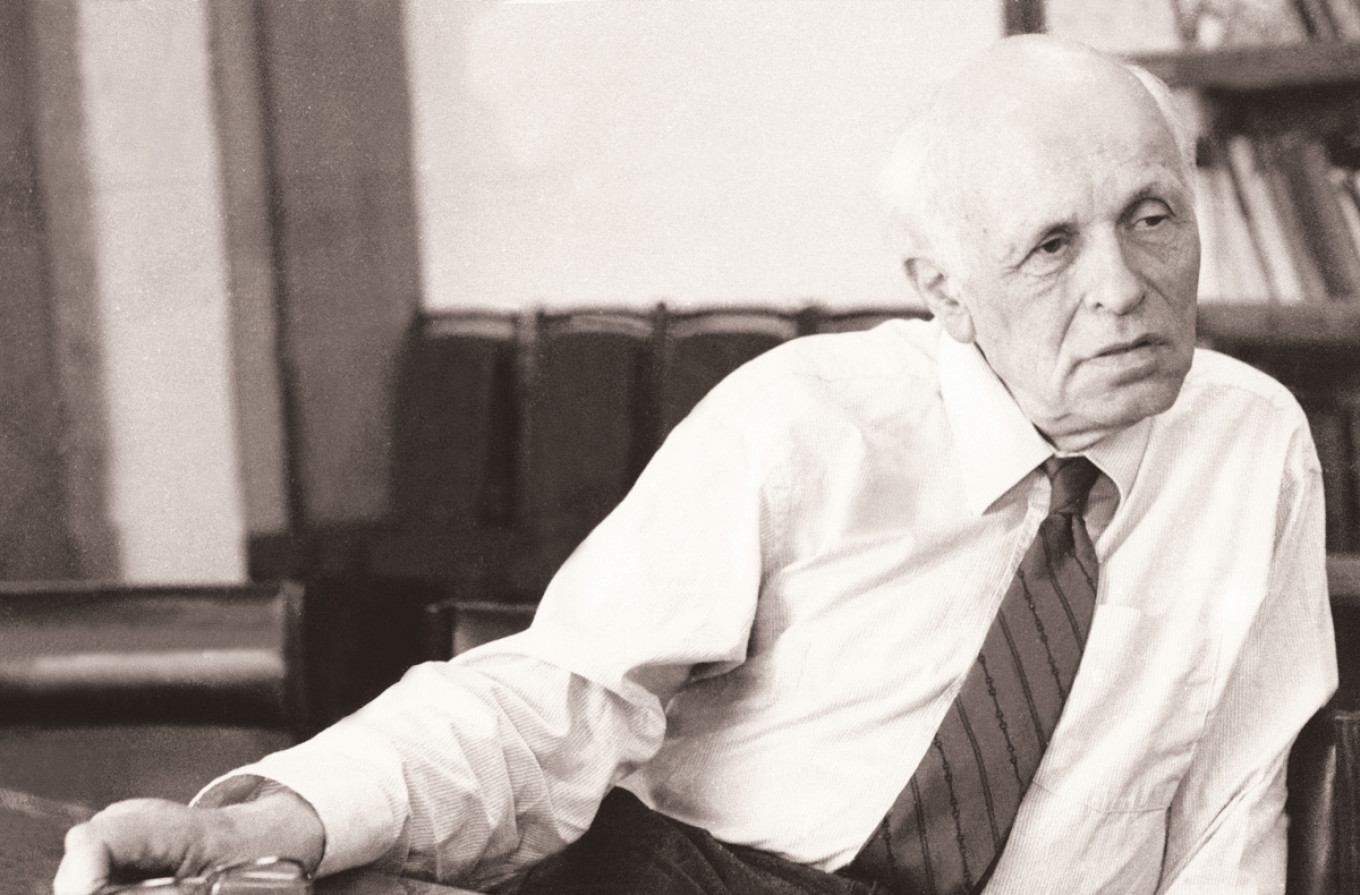
“The power of the fight for human rights is not in its organization or even in its members. It is moral power, the power of absolute righteousness. This movement cannot disappear without a trace. Once said, words live on, and new people with their own unique lives and hearts bring to the movement more and more that is new.”
From an interview to UPI, 1982
From an interview to UPI, 1982
Courtesy of the Sakharov Center


